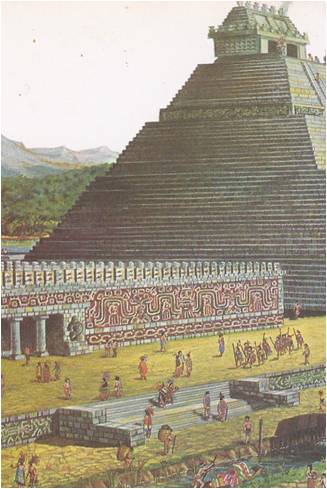The fog was lifting over New York early on the morning of June 29, 1776, when a man named Daniel McCurtin happened to glance out over the bay. At first he saw nothing but mist hanging low over the water then suddenly he blinked and stared in amazement. Later he tried to describe the scene. He wrote that he had “spied as I peeped out the Bay something resembling a wood of pine trees trimmed. I declare, at my noticing this, that I could not believe my eyes, but keeping my eyes fixed at the very spot, judge you of …
Read More »Tag Archives: Puritans
England under the Tudors 1485-1603
IN AUGUST of 1485, Henry Tudor landed on the Welsh coast to fight King Richard III for the crown of England. Henry was twenty-nine years old, lean and golden-haired, with a merry face. He was head of the Lancaster family, which had so far been defeated by King Richard’s family, York, in the Wars of the Roses. Henry was counting on help from many Englishmen and Welshmen who hated Richard. They believed Richard had hacked his way to the throne by murdering his nephews, they resented his taxes and rich living and they called him the “great hog” or “great …
Read More »Adventures in the New World 1519 – 1620
“I DID NOT come to till the soil like a peasant,” said Hernando Cortez. “I came to find gold.” His words echoed the thoughts of almost every Spaniard in the New World. The discovery of the sea route to the West had set off a great treasure hunt. Colonizing and slaughtering, building and plundering, the gold-hungry Spaniards won a Spanish Empire of the West. Conquistadores‚ they were called — the conquerors. None of the treasure-hunters was more cunning or ambitious than Hernando Cortez‚ who came to the island of Hispaniola in 1504. It was not until 1519 that the governor …
Read More »Defender of the Faith 1521 – 1603
OF ALL THE RULERS OF EUROPE, none was more eager to please the pope, more anxious to prove himself a loyal son of the Church, than Henry VIII, the handsome young monarch of England. Henry was one of the first to offer his soldiers when the pope formed a Holy League to fight the Turks (and to frighten off the French kings, who had developed the unfortunate habit of invading Italy every few years). Henry never actually sent the troops. To show that he meant well, he wrote a strongly worded book about the duties that men owed the pope …
Read More »


